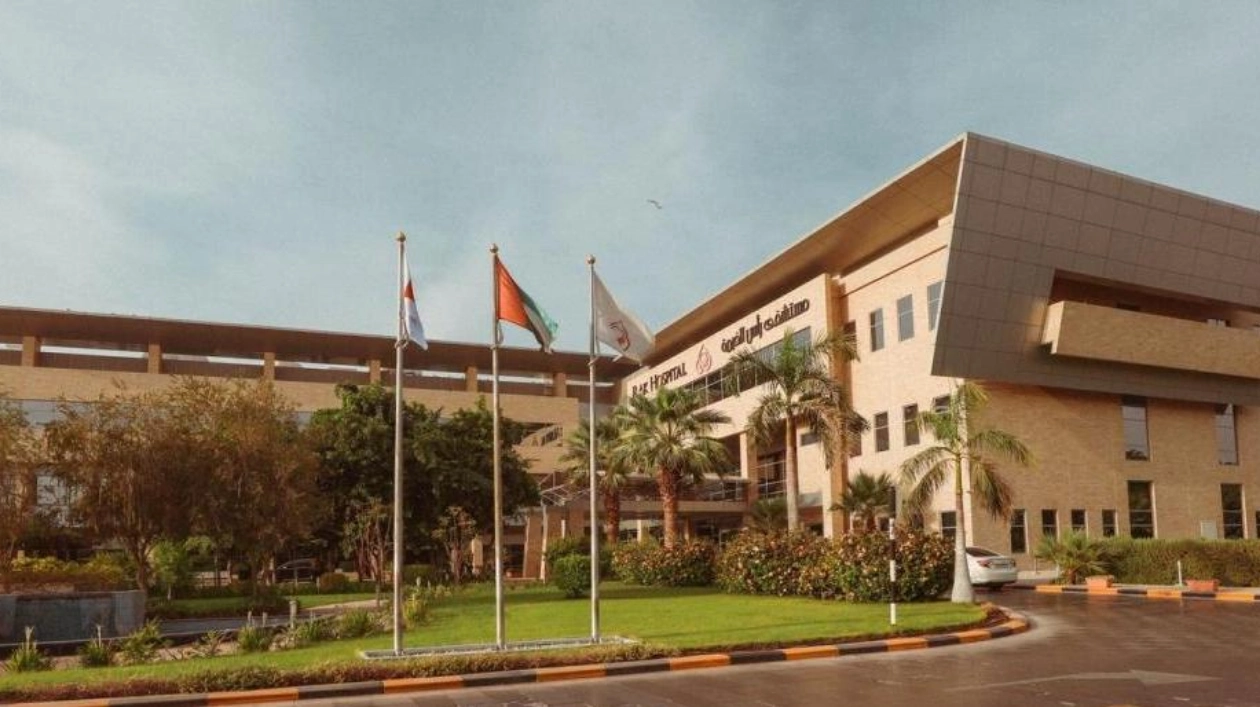RAK Hospital continued its educational efforts as part of the RAK Diabetes Challenge 2024 by hosting the third session of the Dia-Beat Webinar series. The webinar, titled "The Role of Carbohydrates in Diabetes Management," was led by Ruba Al Hourani, the Head of the Dietetics Department at RAK Hospital. The session aimed to educate individuals with diabetes or pre-diabetes on the critical role carbohydrates play in blood sugar control and overall health.
Al Hourani started the session by outlining the basics of diabetes, stressing that it is marked by high glucose levels in the blood. "Diabetes is a condition where the body struggles to regulate blood sugar," she explained. "Carbohydrates, a major part of our diet, are broken down into sugars that enter the bloodstream, which are then used for energy or stored, depending on insulin levels." Type 2 Diabetes, accounting for over 90% of diabetes cases, often results from poor diet and inactivity. Al Hourani noted that in Type 2 diabetes, despite normal insulin production, excessive carbohydrate intake and lack of exercise lead to blood sugar accumulation, which, if unused, turns into fat, causing obesity and related complications like heart disease and vision problems.
She emphasized the importance of macronutrients—carbohydrates, proteins, and fats—in maintaining a balanced diet, particularly focusing on carbohydrate management to control blood sugar. Al Hourani provided detailed strategies for effective carbohydrate management:
• Starch vs. Fiber: She advised reducing starchy foods like rice and wheat while increasing fiber-rich fruits and vegetables. "Fiber aids digestion and stabilizes blood sugar, making it essential for a diabetic diet," she said.
• Processed vs. Whole Grains: Al Hourani stressed the importance of whole grains over processed foods, which lack fiber and have a high glycemic index, causing rapid blood sugar spikes. In contrast, whole grains provide sustained energy.
• Meal Timing and Portion Control: She recommended eating smaller, more frequent meals throughout the day to maintain stable blood sugar levels.
• Understanding the Glycemic Index: Al Hourani highlighted the importance of knowing the glycemic index of foods, suggesting low-GI foods like oats and whole grains for diabetes management.
• The Plate Method for Balanced Meals: She introduced the plate method as a visual guide for creating balanced meals, recommending a half-vegetable, quarter-whole grain, and quarter-protein layout.
The webinar ended with a Q&A session where Al Hourani answered questions about diabetic diets. She mentioned the best diets for diabetes management identified by Forbes Healthcare in 2024, including the Mediterranean Diet, DASH Diet, and ORNISH Diet.
RAK Hospital’s Dia-Beat Webinar series remains a vital educational platform for the community, offering evidence-based strategies and expert advice to help manage diabetes effectively.






